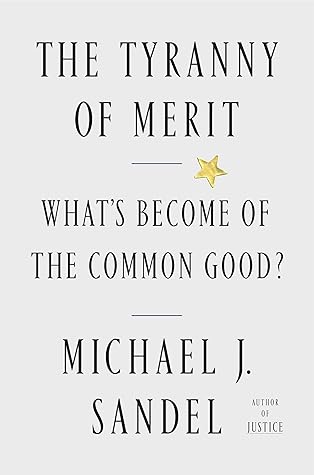Until recently, the adjective “smart” mainly described persons. In American English, to call someone “smart” is to praise his or her intelligence. (In British English, “clever” conveys this meaning.) As the digital age dawned, “smart” came to describe things—high-tech devices and machines such as “smart cars,” “smart phones,” “smart bombs,” “smart thermostats,” “smart toasters,” and so on. But the digital age arrived in tandem with the age of meritocracy; it is therefore not surprising that “smart” also came to describe ways of governing.
Welcome back. Just a moment while we sign you in to your Goodreads account.


